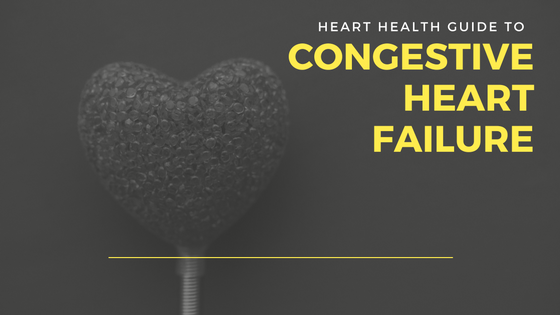In this video, Dr. Aarush Manchanda explains the basics of congestive heart failure, a serious condition that affects millions of adults across the United States.
As Dr. Manchanda explains in his book, the heart is a pump, and much like a house that has various floors, we can picture the organ as a two-story duplex with two rooms on each floor. The top floor contains the right and left atrium, while the bottom floor houses the right and left ventricle.
What is Congestive Heart Failure?
Have you ever been congested? You know the feeling, it’s hard to breathe through your nose and your chest may hurt from coughing.
Congestive heart failure is exactly what it sounds like; the failure of the human heart to pump blood effectively, which then leads to congestion in the lungs. When the left side of the heart becomes strained, water backs up into the lungs and it becomes more difficult to catch your breath. In contrast, when the right side of the heart is strained, water backs up and gets into our legs.
In simple terms, congestive heart failure is the inability of the heart to function the way it should, which causes the lungs to become congested. Some symptoms of this condition include:
• Shortness of breath
• Fluid collection in the lungs
• Inability to breath
Risk Factors for Heart Failure
Just like some people choose to fill their home with unnecessary trash or clutter, our hearts can become filled with junk. If you decide to never clean the rooms in your home, you can expect to eventually be surrounded by junk and dirt, making it unlivable. In the same way, filling your body with sugary, greasy food will fill your heart with plaque and cause it to function improperly.
In addition to a poor diet, there are other habits that can contribute to an adult’s risk for heart failure. These include things like:
• Smoking
• Stress
• Lack of physical activity
• Excessive alcohol/drug use
• Excessive caffeine
So what to do? Quit smoking, to start. Try to lessen the stress in your life (the election is over, so that helps), get moving as much as possible, and limit alcohol to one drink per day if you’re a woman and two drinks per day if you’re a man. If you make more than one trip to Starbucks a day, cut back and try to stick to 400 mg of caffeine daily.
Trust Your General Contractor
It is key to remember that one recommendation does not fit all, which is why it’s important to have an individualized Artisan Approach™ as designed by Dr. Manchanda.
Think of a cardiologist as a general contractor, one who’s responsibility it is to know what’s happening inside your heart. He or she understands the basic workings and is trained to monitor and detect current or future problems with blood vessels, rhythm abnormalities, and the cardiovascular systems. Take care of your heart and it will take care of you!


Leave a comment